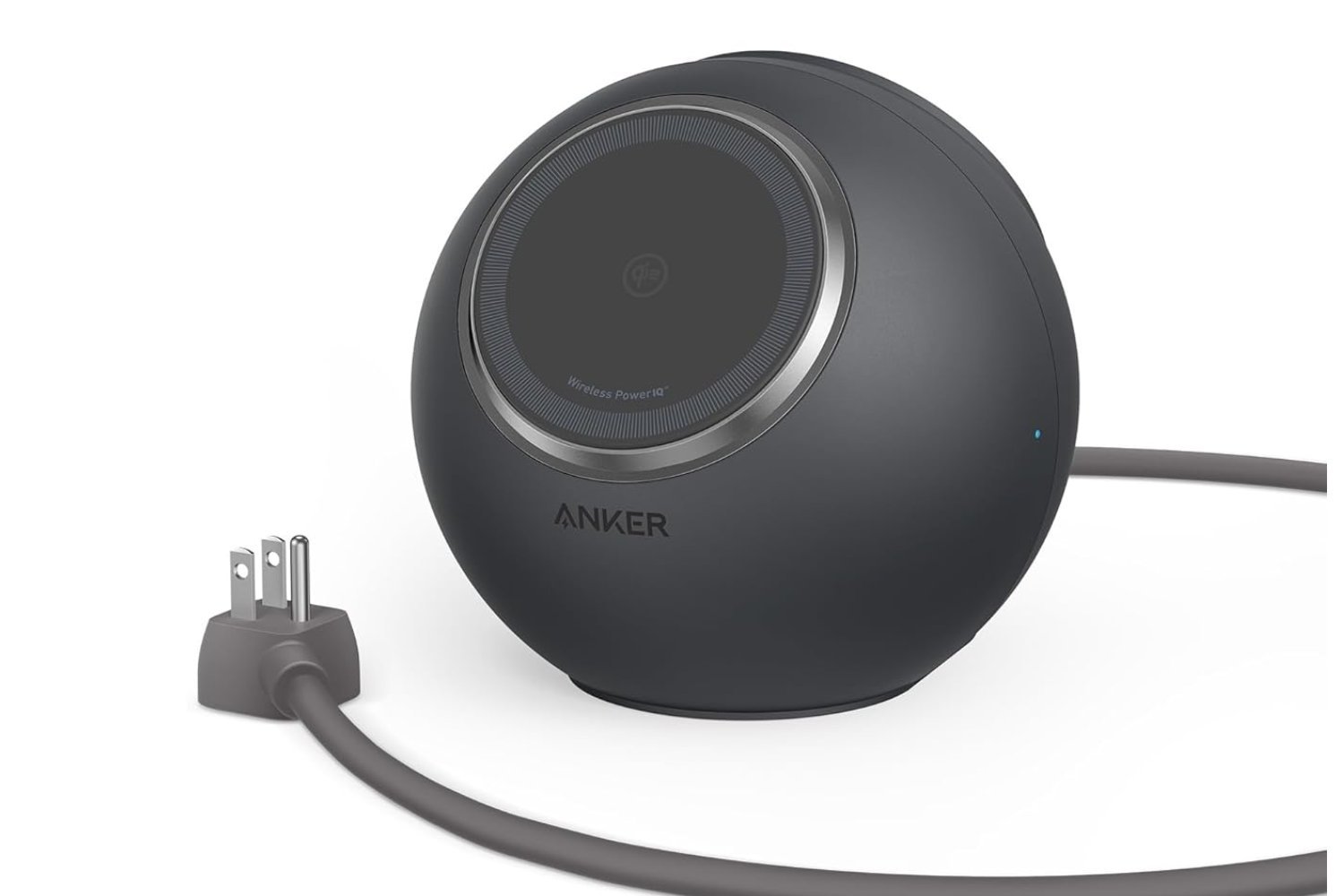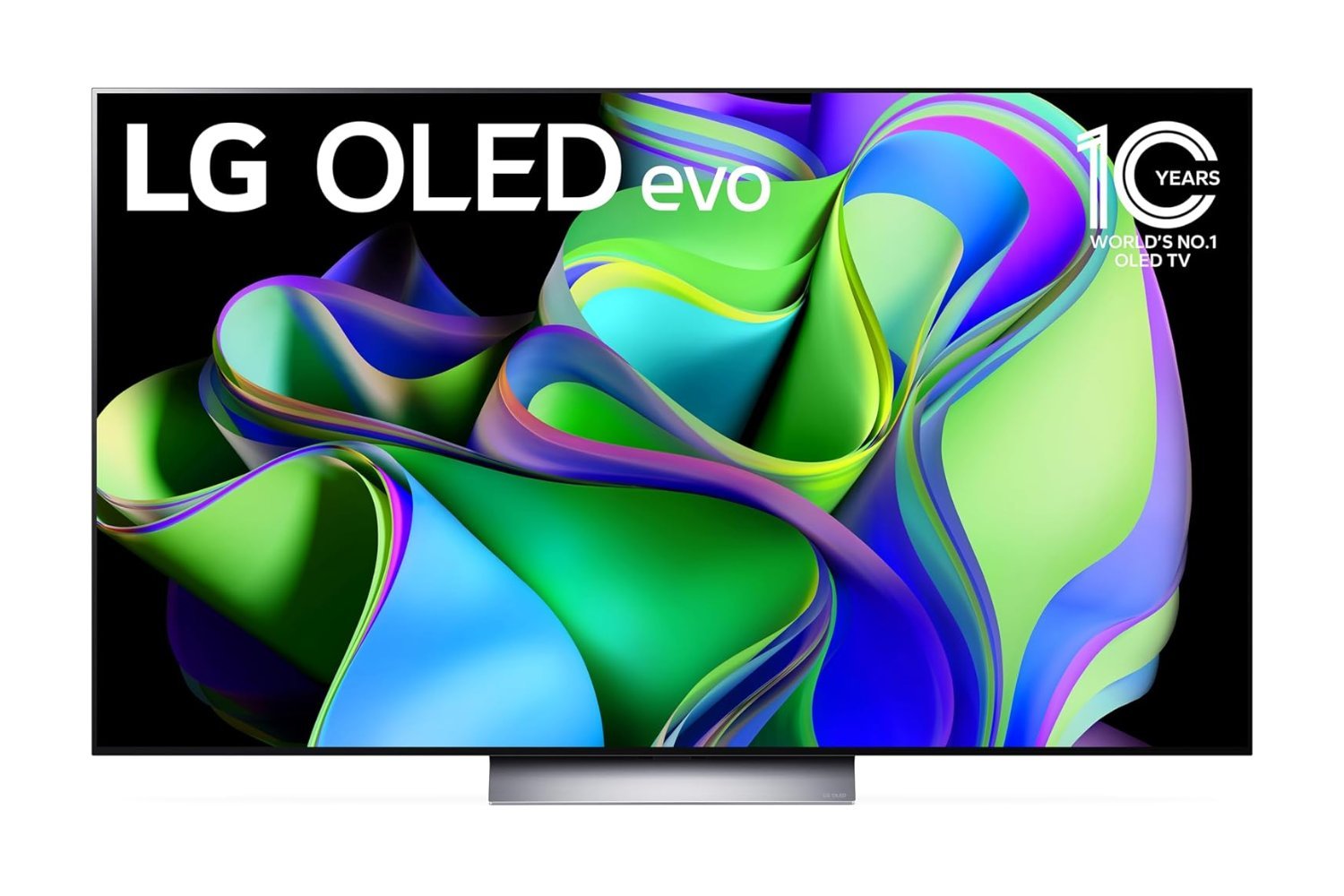The cloud infrastructure landscape is currently dominated by a handful of major players, including AWS, Microsoft’s Azure, and Google Cloud. However, the founders of Parasail believe that the AI infrastructure market will develop differently, and they are staking their company’s future on this vision.
Parasail collaborates with numerous providers to offer on-demand access to GPUs for companies and enterprises seeking to develop AI models and applications. By doing so, Parasail provides customers with access to high-end hardware, such as Nvidia’s H100, H200, A100, and 4090 GPUs, at a significantly lower cost than what the established players charge, according to the company. You can visit their website at Parasail to learn more.
According to Tim Harris, co-founder of Parasail and CEO of Swift Navigation, “The internet is essentially controlled by three major cloud vendors, but this is not how AI is being developed. Instead, AI infrastructure is much more fragmented, with compute resources being more interchangeable and fluid, allowing for a more horizontal approach.” Harris expressed his desire for a world where AI is not entirely controlled by the major cloud providers, stating, “We didn’t want a world where AI was controlled from start to finish by the hyperscalers.”
Harris and Parasail CEO Mike Henry conceived the idea for the startup several years ago. Henry, formerly the CPO of Groq, revealed to TechCrunch that he had been contemplating the requirements for building AI infrastructure that could rival Nvidia. Upon realizing the rapid expansion of AI hardware by multiple players, Henry identified an opportunity for a horizontal move.
The rapid pace of innovation in AI hardware has made it challenging for companies to keep up, according to Henry. As a result, the focus shifted to simplifying the process for customers, who are already struggling to keep pace with open-source model releases.
Henry stated, “We had to really focus on making this as simple as possible for the customer. They’re barely keeping up with the open-source model releases alone.”
Harris and Henry initiated the company in 2023, assembled an engineering team, and began building in early 2024.
Currently, there is no shortage of vendors assisting enterprises and companies in building and scaling their AI products. From hyperscalers like Nvidia and Microsoft to startups such as Together AI and Lepton AI, customers have numerous options.
However, the founders of Parasail do not believe that all vendors are created equal.
While all these vendors provide GPUs and AI infrastructure, Henry believes that Parasail’s proprietary technology, which connects its GPUs from various sources, sets it apart. This technology operates under the hood, enabling Parasail to deliver a unique solution.
Parasail officially launched its platform on Wednesday, but it is already working with dozens of customers, including Elicit, Weights & Biases, and Rasa. The company has also secured $10 million in funding from a seed round in 2024, with participation from Basis Set Ventures, Threshold Ventures, Buckley Ventures, and Black Opal Ventures.
To gain significant market share, Parasail will need to compete directly with hyperscalers and bet on the continued growth in demand for GPUs. There are indications that this demand will persist, but there are also signs, such as Microsoft canceling some of its data center contracts, that the predictions surrounding AI infrastructure requirements may be exaggerated.
Harris expressed his optimism, stating, “We see literally no end to the demand. It’s really that customers have a hard time scaling AI. The models now are getting to a place where companies can just grab open-source models and pretty much run them, but then being able to get access to GPUs, access to data centers, all the optimizations… we can do that with a click of a button.”
Source Link





